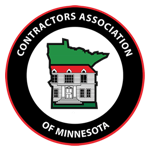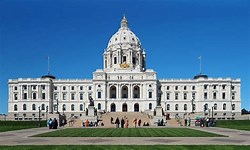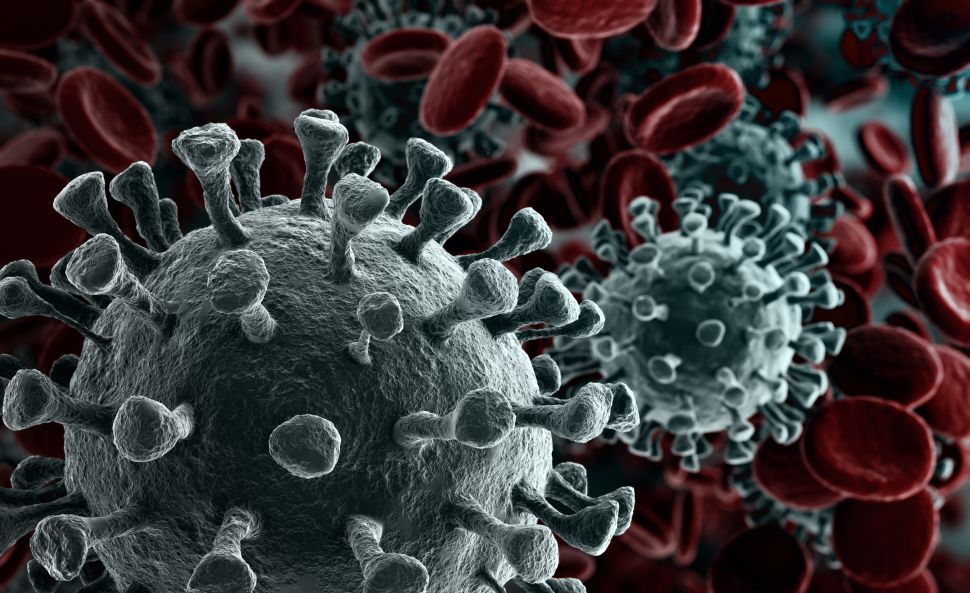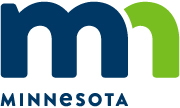Covid-19 Preparedness: Two More Webinars Added, Enforcement Date Extended
Two more construction webinars added, and Enforcement date extended until after July 10, 2020
To assist construction businesses in finalizing their COVID-19 Preparedness Plans, the Department of Labor and Industry (DLI) has scheduled two additional webinars on July 7 and 8 to answer business’s questions so they can be confident the plans they have developed address the risks of COVID-19 transmission at their worksites.
Based on feedback received from the construction industry, the COVID-19 Preparedness Plan Requirements Guidance — Constructiondocument was revised and was re-posted on the Stay Safe MN website June 25.
Enforcement date extended
DLI will not take enforcement action until after July 10 against construction businesses for failure to complete a written COVID-19 Preparedness Plan.
Register for the webinars
- Tuesday, July 7, 8:30 to 10:30 a.m. – Register for this event
- Wednesday, July 8, 1:30 to 3:30 p.m. – Register for this event







